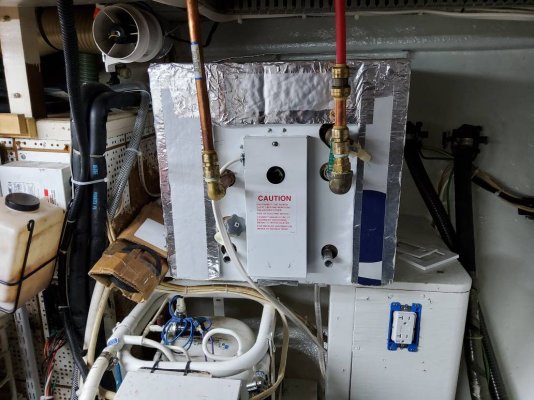mvweebles
Guru
- Joined
- Mar 21, 2019
- Messages
- 7,780
- Location
- United States
- Vessel Name
- Weebles
- Vessel Make
- 1970 Willard 36 Trawler
Charlie - is see you're ABYC. Draw of 80-100 amps off a 1100 ah battery bank does not seem excessive to me so I'm surprised by your comment. Can you provide some context on OEM specifications? Especially if there is even 15% of his solar capacity feeding the bank in early morning would be in the 25-amp range.@ERTF:
You are not doing your batteries any favors by hammering them so hard. Assuming that the 1100Ahr of capacity is the conventional 20 hour rate than any load > 1100Ahr/20hr = 55A is taking service life from your batteries. This is not opinion, it is a fact that can be verified by looking at the battery manufacturer's service life curves.
Peter


